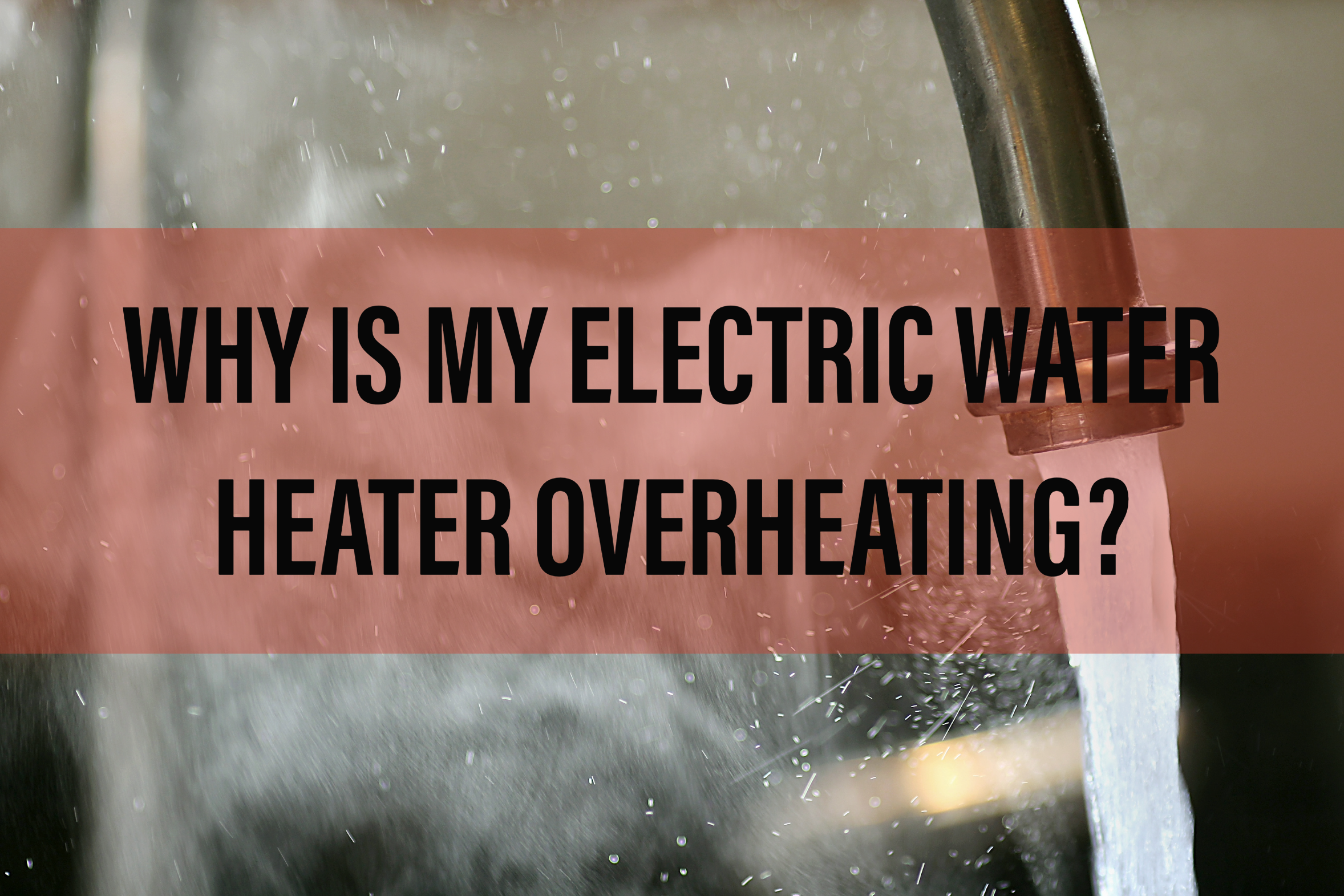An electric water heater is a staple of modern living for many. It provides the convenience of hot water at our fingertips. However, electric heaters tend to encounter issues such as overheating. When this happens, it leads to uncomfortably hot water but can also result in damage to your water heater. If you find yourself facing this predicament, it’s crucial to understand the causes and appropriate actions to take. Rest assured, our team at Middletown Plumbing & Drain is here to assist you.
The Thermostat-
The thermostat in your electric water heater plays a pivotal role in maintaining the water temperature within the tank. It serves as the control center, determining when to activate the heating element to sustain your desired water temperature. However, thermostat issues can lead to overheating due to:
- High Settings: An excessively high thermostat setting will continuously heat the water to that elevated temperature, even when it’s unnecessary. This not only results in energy wastage but can also deliver dangerously hot water.
- A Malfunctioning Thermostat: A malfunctioning thermostat may inaccurately measure water temperature or fail to regulate the heating element properly, causing it to remain active for longer periods than required, leading to overheating.
To ascertain if the thermostat is the cause, begin by checking its temperature setting. If the issue persists, it is prudent to engage a professional to inspect and potentially replace the thermostat.
The Faulty Heating Element-
The heating element is responsible for warming the water within your electric water heater. Over time, like any mechanical component, it can wear out, resulting in inefficiencies and overheating issues:
- It’s Stuck in the “On” Position: A malfunctioning heating element may become stuck in the “on” position, continuously heating the water, even when it has reached the desired temperature. This continual heating can lead to overheating.
- It Has Reduced Efficiency: As a heating element deteriorates, it loses its ability to efficiently heat water. To compensate, it may remain active for longer durations, again contributing to overheating.
Should you suspect a malfunctioning heating element, it is advisable to seek professional assistance. A licensed plumber can diagnose the issue and, if necessary, replace the element, restoring your water heater’s efficiency.
The Buildup of Sediment-
Over time, sediment composed primarily of minerals and debris from your water supply can accumulate at the bottom of your water heater tank. This sediment buildup can insulate the heating elements, trapping heat and causing overheating due to:
- The Insulation Effect: Accumulated sediment acts as an insulator, forming a barrier between the heating element and the water. Consequently, the heating element struggles to transfer heat effectively, leading to overheating.
- The Reduced Efficiency: To counteract the insulating effect of sediment, the heating element works harder and longer, consuming more energy and resulting in overheating.
To address sediment buildup, it is imperative to periodically flush your water heater tank. This process involves draining the tank to eliminate the accumulated sediment. Due to the involvement of both water and electricity, it is recommended to engage a licensed plumber to perform this task for safety reasons.
An overheating electric water heater requires prompt attention to prevent scalding, unit damage, and increased energy costs. By comprehending these common causes of overheating and taking appropriate measures, you can ensure your electric water heater operates safely and efficiently, providing you with a consistent supply of comfortably warm water. If you are facing overheating issues that are beyond your capabilities, please do not hesitate to reach out to us.
Call Middletown Plumbing & Drain today at (937) 298-9979, or schedule an appointment online now by clicking here!

